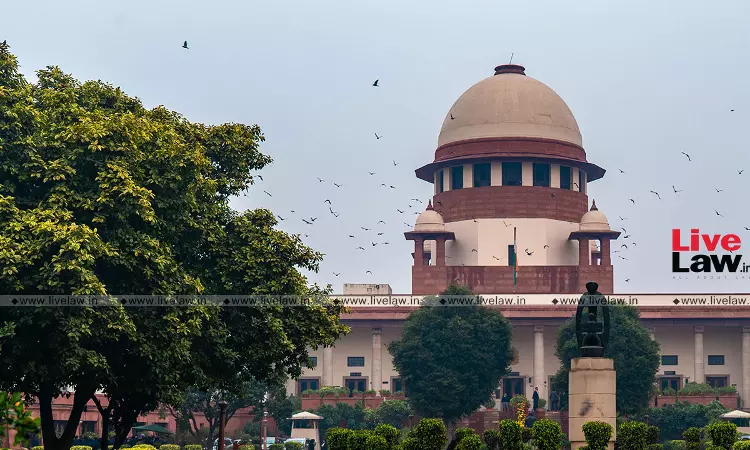The Supreme Court on Tuesday (July 23) highlighted the growing menace of unlicensed money lending leading to severe consequences for borrowers, including financial ruin and even suicide.The Court observed that the practice of lending money on interest without proper licensing and securing the loans with cheques or title deeds is not different from the business of money lending. However, under...

